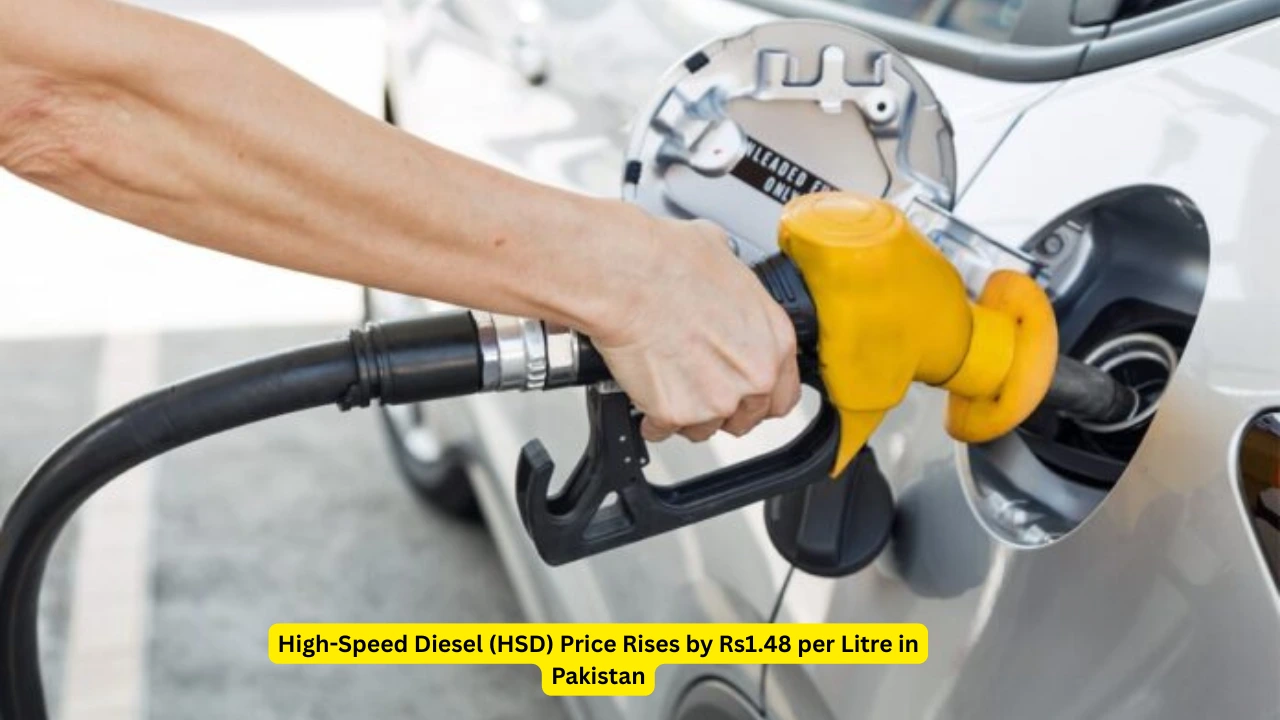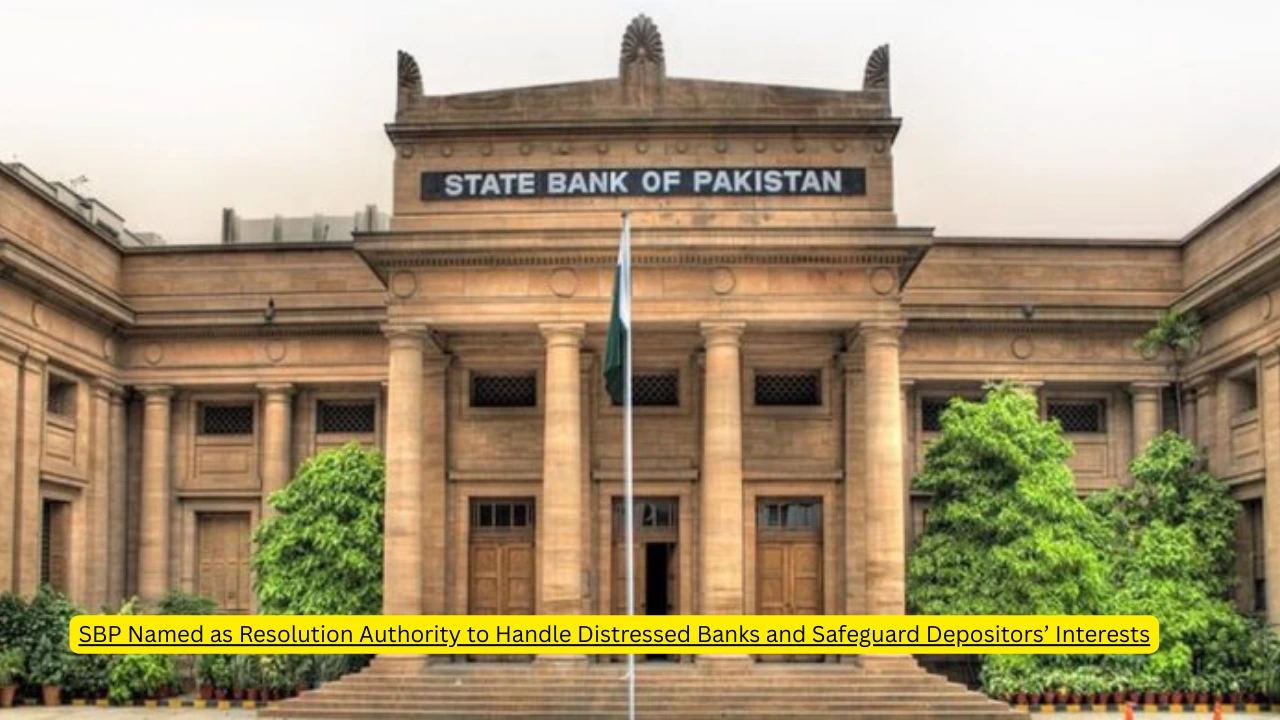The Government of Pakistan has announced another increase in fuel rates, with High-Speed Diesel (HSD) price rising by Rs1.48 per litre. This development comes amid global oil market fluctuations and local inflationary pressures. The hike in diesel prices is expected to impact the transport sector, agriculture, and overall cost of living across the country.
Latest Update on HSD Price in Pakistan
According to the latest notification, the HSD price in Pakistan has gone up by Rs1.48 per litre, pushing the overall rate to a new high. Diesel is one of the most widely used fuels in Pakistan, powering trucks, buses, trains, and agricultural machinery.
Fuel price adjustments are made fortnightly based on recommendations from the Oil and Gas Regulatory Authority (OGRA), reflecting changes in global crude oil prices and exchange rate movements.
Why Has the HSD Price Increased?
Several factors are driving the increase in diesel prices in Pakistan:
- Global Crude Oil Prices: International market trends directly affect Pakistan’s import bill.
- Rupee Depreciation: A weaker local currency makes oil imports more expensive.
- Rising Demand: Agricultural and transport sectors rely heavily on HSD, especially during crop harvesting seasons.
- IMF Commitments: As part of economic reforms, fuel subsidies are being minimized, leaving consumers exposed to global price shocks.
Impact of Rising Diesel Prices on the Economy
The rise in HSD price in Pakistan has a ripple effect across multiple sectors:
- Transport Sector: Higher diesel prices increase freight charges, directly affecting the prices of essential goods.
- Agriculture: Farmers use HSD in tractors, tube wells, and other machinery. Rising fuel costs will raise farming expenses and food inflation.
- Industrial Sector: Many factories use diesel for generators due to electricity shortages, making production costlier.
- Inflation: Since diesel impacts supply chains nationwide, the increase will push overall inflation higher.
Public Reaction and Business Concerns
Citizens and businesses alike have expressed concern over the continuous rise in Pakistan fuel prices. Transporters warn of fare hikes, while traders fear higher prices for everyday goods. Farmers’ associations also caution that rising HSD rates will make agricultural production unsustainable.
Looking Ahead: Will Prices Stabilize?
Experts believe that HSD prices in Pakistan will remain under pressure as long as global oil prices stay volatile and the rupee remains weak. However, if international crude prices ease, some relief could be passed on to consumers in the coming weeks.
For now, policymakers are struggling to strike a balance between economic reforms, IMF conditions, and public relief.
Key Takeaways
- High-Speed Diesel (HSD) price increased by Rs1.48 per litre in Pakistan.
- The hike is due to global crude oil fluctuations, rupee depreciation, and rising demand.
- Transport, agriculture, and industry will be most affected.
- Experts warn of inflationary pressure unless fuel prices stabilize.
Conclusion
The latest HSD price in Pakistan highlights the economic challenges the country is facing. With inflation already at record levels, the rise in diesel costs adds more pressure on consumers and businesses. Unless the global oil market cools down or the rupee strengthens, Pakistan may continue to witness frequent fuel price adjustments in the near future. If you read about Oil Steadies as Concerns About Tariff Impacts Vie with Russian Supply Threats then click here.



One thought on “High-Speed Diesel (HSD) Price Rises by Rs1.48 per Litre in Pakistan”